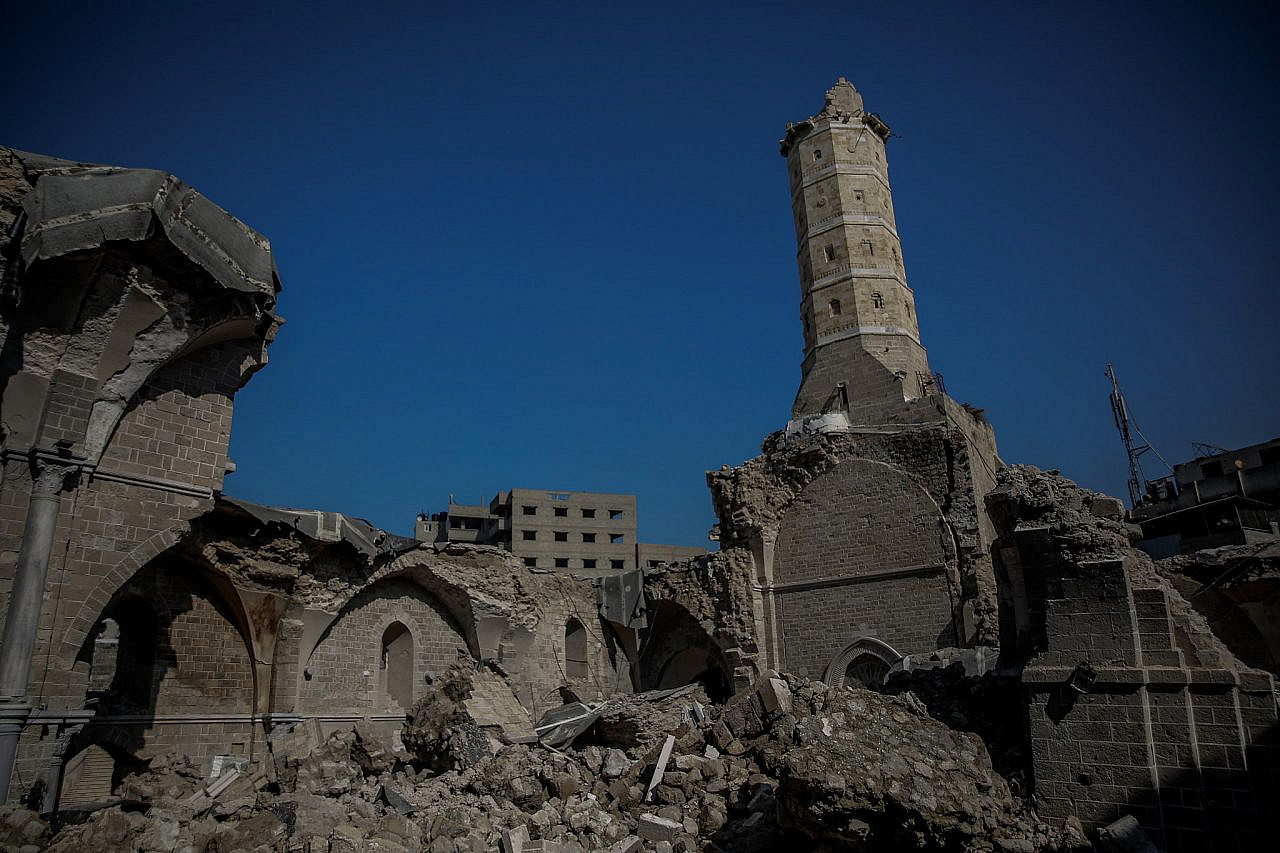Israeli Army Admits ‘Colossal Failure’ on 7 October
The Israeli army released its findings on Thursday after months of investigations into the Hamas attack on Oct. 7, 2023, admitting to a “colossal failure” in anticipating the “Al-Aqsa Flood Operation” launched by the Palestinian resistance group.
The investigation report said the military was unprepared for the attack, having been caught off guard by the number of Palestinian fighters who breached military bases and settlements near Gaza, according to Israeli Army Radio.
The findings also revealed that the army was surprised by the speed and coordination of the attack, which exceeded all expectations.
Doron Kadosh, the military correspondent for Israeli Army Radio, reported that the army admitted it had not considered the possibility of a large-scale surprise attack like the one on Oct. 7.
Kadosh wrote on his X that a threat of such an attack was never taken seriously or even considered, which left the army unprepared to counter it.
The investigation findings confirmed that Hamas fighters completely overran the Israeli army’s Gaza Division for several hours, specifically between 6:30 a.m. and 12:30 p.m.
During this time, the Israeli military had no control over the area near Gaza. It took around 10 hours for the army to regain operational control over the region, which Hamas had effectively seized.
According to Army Radio, the findings exposed the army’s reliance on flawed strategic assumptions, including the belief that “Gaza posed a secondary threat that did not require significant military attention and that Hamas was deterred and focused on maintaining calm for economic benefits.”
The investigation further concluded that the army allowed “a severe security threat to develop along its borders by over-relying on the defensive barrier while significantly weakening border defense forces, including a shortage of troops in areas near Gaza.”
Additionally, the findings pointed to a sense of “arrogance” within the army and “overconfidence” in its intelligence superiority, with a firm belief that any potential Palestinian attack would be preceded by an intelligence warning.
“There was no one who saw or detected any sign of this event in advance, not even at the lowest intelligence level,” one of the central investigations found.
However, the lack of such a warning caused a major shock to military leadership and contributed to the chaos of the attack’s initial hours.
Several Israeli political, military, and security officials have previously admitted to personal responsibility for the failure to prevent the Oct. 7 attack.
As a result, some officials resigned, most notably Aharon Haliva, chief of the army’s Military Intelligence Directorate.
Meanwhile, Israeli Prime Minister Benjamin Netanyahu on Thursday criticized the Israeli army for not sending him the findings of the investigations.
According to the Israeli newspaper Yedioth Ahronoth, Netanyahu’s office sent a letter to the Ministry of Defense demanding an explanation for why the army had not submitted its investigation findings on Oct. 7.
However, Netanyahu has so far refused to take any responsibility for the attack or to establish an official investigation committee into the events of that day.
The first phase of the Gaza ceasefire agreement took effect on Jan. 19, pausing the Israeli war that has killed more than 48,300 people, mostly women and children, and left the enclave in ruins.
Last November, the International Criminal Court issued arrest warrants for Netanyahu and his former Defense Minister Yoav Gallant for war crimes and crimes against humanity in Gaza.
Israel also faces a genocide case at the International Court of Justice for its war on the enclave.







